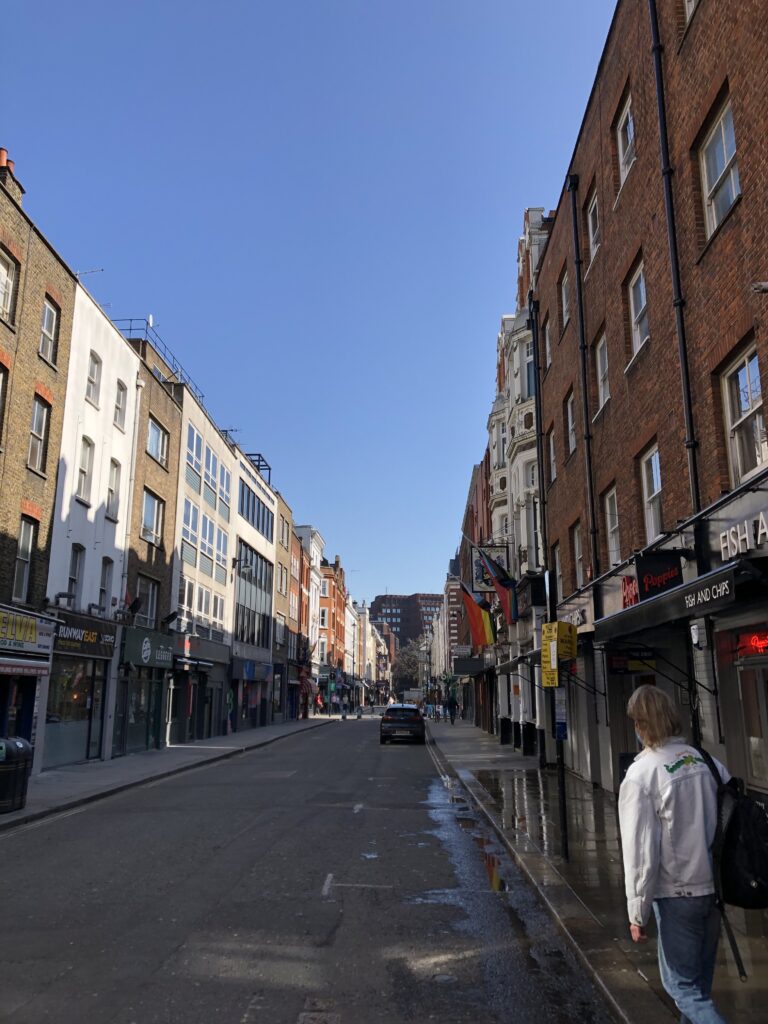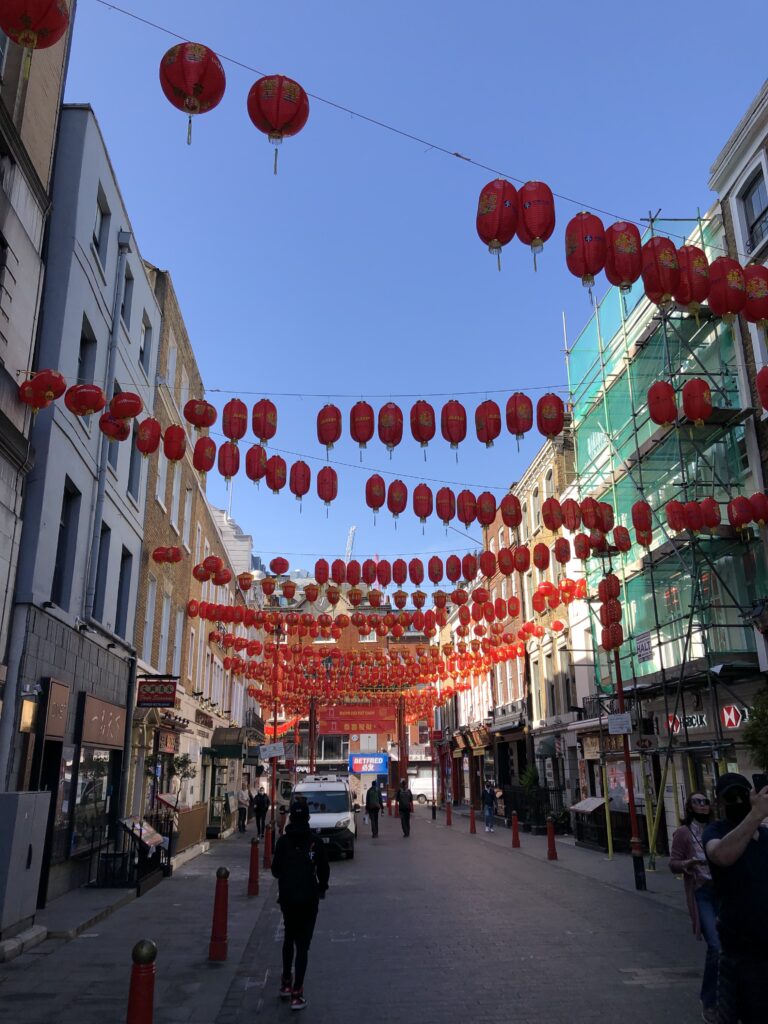Fiona Mozley was shortlisted for the Man Booker prize in 2017 for her first novel, Elmet. This is her second, the cover of which is shown on the home page. I am advised that ‘stew’ is an Elizabethan term for ‘brothel’. Given that knowledge, it is no shock that the plot of Hot Stew involves such an establishment. The fact that for very much the large part of it the book is set in London’s Soho probably makes that even less of a shock. If prim and proper is your preferred reading, this likely is not the fiction for you.
The overarching theme is the interconnectedness, despite their very disparate lives, of the characters as they visit the same bars and restaurants as each other or as their respective livelihoods pull themselves into one another’s orbit. For example, Tabitha and Precious are tenants of the brothel in question, where the girls effectively have maids to help look after them (which is Tabitha’s role in respect of Precious) and there are some heavies on duty to evict any clients whose behaviour gets out of line. But the main issue surrounding evictions that concerns Tabitha, Precious & Co are the strenuous and cold-blooded efforts being made by their landlord, Agatha, a thoroughly horrible woman, who is hugely eager to get their building ‘blank-slated’ (i.e. gutted) so she can get it done up and then rent out the revamped premises as luxury flats. To say she will stop at nothing in a bid to get her way tells it exactly like it is.
Some of Mozley’s writing about the girls is entertaining in its simple salaciousness. “Precious thinks her life is OK. She doesn’t mind the work. It’s only sex, for fuck’s sake. She doesn’t get what the big deal is. It is a thing you do with bits of your body. It sometimes feels good. It sometimes feels a bit uncomfortable.” And – “Cynthia makes a fortune from her work; significantly more than any of the other women. There is a clear reason for this, which everyone apart from Young Scarlet understands and accepts. Cynthia has the largest arse in the United Kingdom…[people] will travel hundreds – sometimes thousands – of miles to visit her, and they will pay the necessary premium.”
There is something Dickensian in Mozley’s story-telling, reflecting as it does on the lives, luxurious or humble, of her characters. Among another grouping whose lives she dissects are five Cambridge graduates whom fate has treated in very different ways. One of these, Bastian, had been unsettled when he initially found out about the life of his girlfriend, Laura, with whom he is keen to rekindle the relationship towards the end of the book. Their romance had foundered, among other reasons, after he found out she had been funding her studies by working as an escort. An upmarket Precious, if you like?




